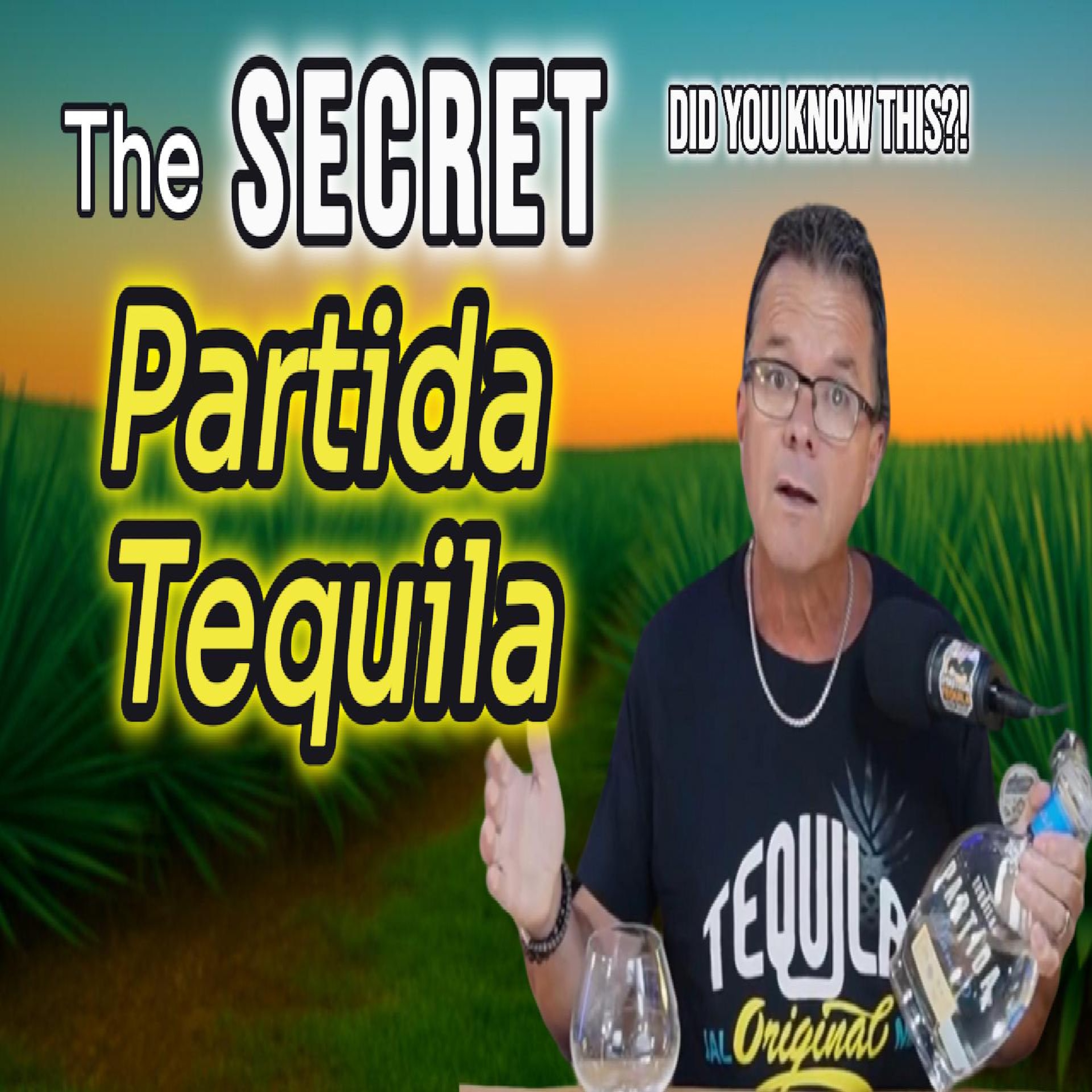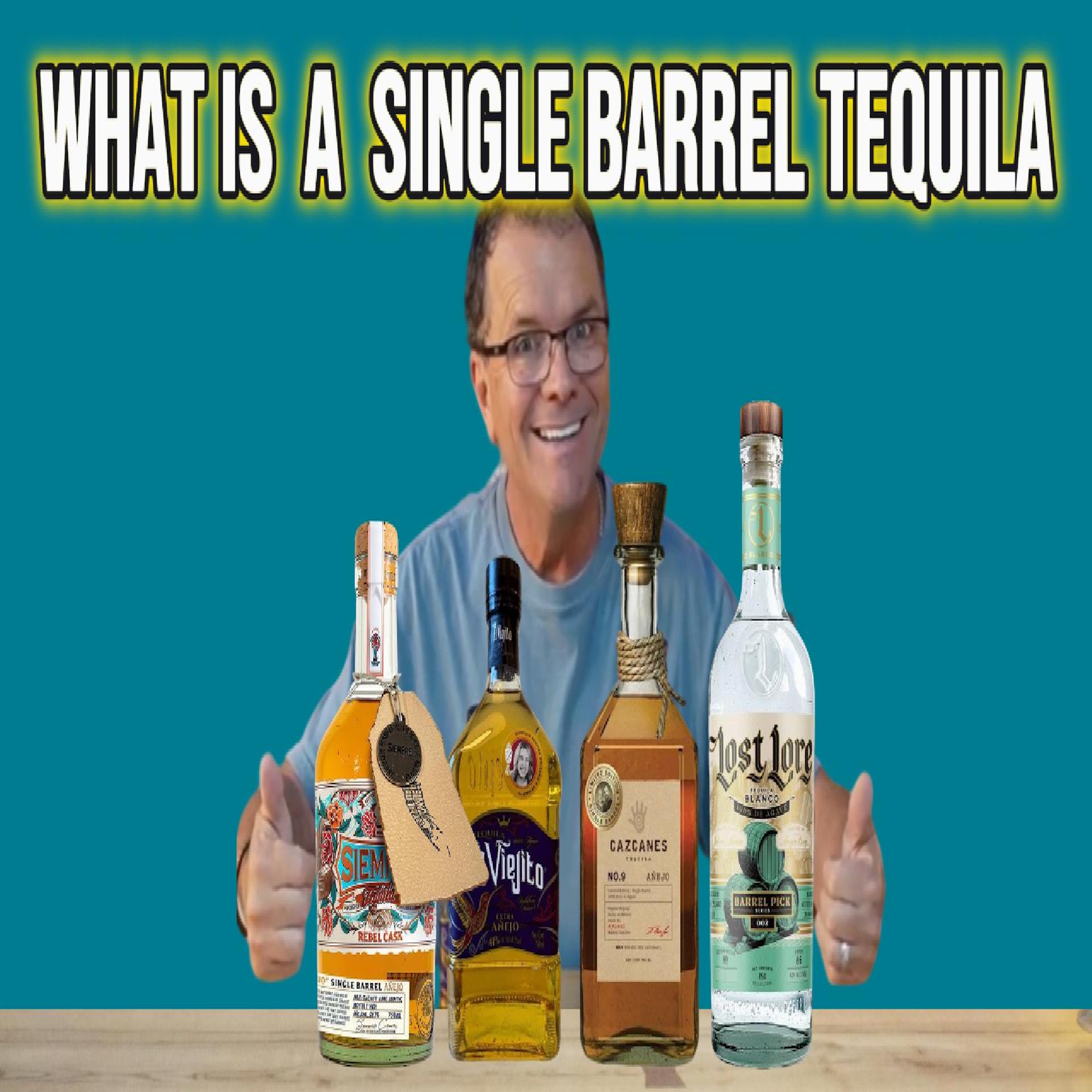Episode Transcript
[00:00:00] Hey, guys, let's talk about taquilla. All right, so this tequila is made by a guy named Greg Sobel. And Greg is a drummer who lives up in Michigan, and he has a lot of Mexican Jewish heritage. And what he wanted to do was create a true Jewish kosher tequila that they could use to celebrate at their family parties and their weddings and all of their events that they get together at and have. Have something that they can drink that, you know, is kosher meets all of the things that they do to be able to drink it during all of the different Jewish holidays. So taqiyah is something they yell out in the new year. They say l' chaim and taqiyah. So that's where the name came from. Kind of goes with tequila. I did an interview with Greg, and he talks about this logo, and the logo itself is really amazing. It actually has so much tradition and heritage that it really explains the whole process of the taquilla. And this one's a little bit different than some of the others. One, the agaves come from a different region. So, you know, there's multiple regions where the agaves can be grown and still make tequila. And one of them is in the state of Michoacan. So that's where these agaves are grown. So, you know, we talk about the lowlands a lot, we talk about the highlands a lot. And. And we don't talk about Michuacan a lot. So it's being made in nom 1574. And they're utilizing a low pressure autoclave. So cooking low and slow, using really ripe agaves. And then they're going in crushing with a roller mill. They're using deep well water for their water. And they're using open fermentation with a proprietary yeast in stainless steel tanks. And from there they're going into stainless steel stills with copper coils. So still using a copper for that distillation process with a little bit of the influence of that stainless steel. So let's dive into this one as we drink a little bit of a drummer's dream coming true and making a great tequila.
[00:02:06] So you get the cooked agave, of course, but you get a little bit more of a citrus note, almost like a highlands agave.
[00:02:13] I get a little bit of a pepper on the nose as well.
[00:02:18] It has a nice viscosity on the mouth, really good mouthfeel. You get a great agave sweetness. You get that cooked agave flavor, but you also get a really interesting amount of minerality along with mixing in there, some citrus. And it's very creamy, creamy tasting as well, or buttery, if you will. So that influence of those agaves that are coming from a different area kind of bring a whole different flavor profile to this tequila. Of course, you can tell it's tequila and it tastes like great tequila. But that floral and that citrus notes with this really increased minerality is just really good. It's a really interesting flavor.
[00:02:56] It actually has a little bit of a dried fruit ness to it as well. Easy to drink blanco. This one is coming in at your, your normal 80 proof or 40 ABV.
[00:03:06] And they've done a great job making this tequila. It's an affordable tequila. I'll put the website up here, tequilaspirits.com so you can find out where to buy it. It is growing in its areas of availability and again, guys from Michigan, you know, so that's kind of cool to have a midwesterner here. Check out the video I did with Gregory. Explains everything about the tequila. How it's made, where it's made, you know, the whole process and the rich heritage that comes along with this. And his reason for, for creating this tequila, when he tells the story about his mother who's an entrepreneur from Mexico City. It's really heartwarming and it's, it's such a great story. So a guy that's worked in rock and roll music, country music, played drums for some great, you know, great bands, and opened for some amazing acts all through rock and roll and country music. It's a really cool story. So Takiya the Chaim Cheers, have some great tequila. Thanks for tuning in, guys.


